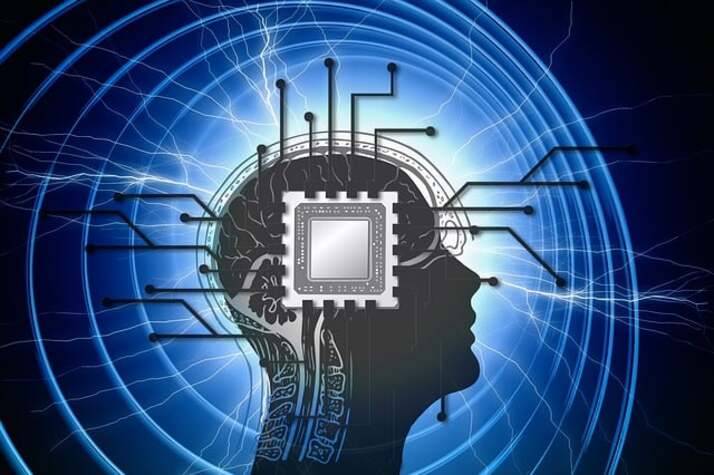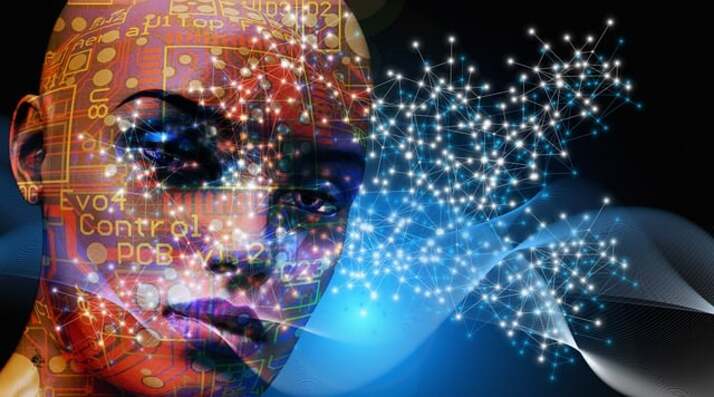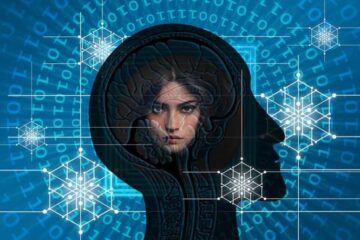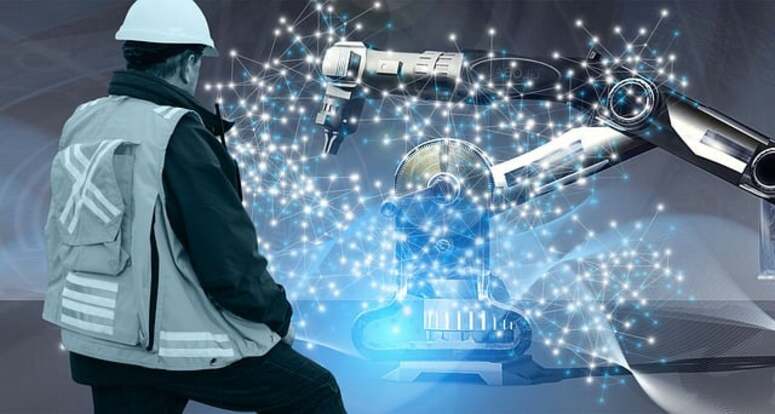
Can AI surpass humans ?
The debate about the ability of artificial intelligence to surpass human intelligence is a subject that is raging in the scientific and technological community. In recent years, remarkable progress has been made in areas such as image recognition, medicine and machine translation. These impressive advances illustrate the powerful increase in the capacity of AI systems to perform tasks once reserved for humans.
The progress of AI
The significant growth of artificial intelligence in recent years has led to considerable advances in a number of areas.
AI systems now have the ability to detect faces, objects and actions and then recognize them with ever greater accuracy. These capabilities have found their way into surveillance, video editing, autonomous driving and assisted medicine.
In the area of natural language processing, AI models can now understand and interact more accurately and spontaneously. This has led to improvements in machine translation, content creation and even chatbots.
AI systems have also been successful in games and competitions. They have beaten human champions in games such as chess and go. These feats are a perfect illustration of AI’s ability to match human performance.
For some years now, AI has been used in medicine and health. It is used by doctors for medical diagnosis, research into appropriate treatments and medical imaging analysis. These developments are considerable, especially in terms of improving care and treatment and increasing patients’ chances of survival.
Robotics is a field in which AI has become a key element. AI models enable robots to improve and perform complex tasks autonomously. Scientists are constantly working on new improvements. However, it is important to stress that challenges remain.
The limits of AI
Artificial intelligence faces challenges and certain more or less considerable limits.
Current AI systems are in most cases specialized in particular tasks. They can perform well in these exclusive areas. However, they have difficulty extending their knowledge to other contexts or performing tasks for which they have not been previously trained.
AI systems usually have difficulty deciphering context and discerning information in concrete terms. They can often have difficulty detecting sarcasm or jokes. This prevents them from interacting naturally and fluidly with humans.
AI tools require a vast amount of data to be effective. This can be difficult to access, making it harder to train high-performance models.
The question of ethics and responsibility raises a great deal of skepticism. The choices made by AI systems have a real impact on the individuals concerned, particularly in terms of data confidentiality and transparency. As a result, the consequences of using AI models can be worrying.
It is important to measure the limits of these systems and to take them into account when designing any AI tool. This applies even after deployment and during use. Research and improvements are continuing with a view to making them more effective.
Can AI surpass humans ?
Some scientists believe that, in the long term, AI may be able to surpass human abilities in certain areas. They believe that AIs will be able to dominate the field of huge calculations and processing of vast amounts of data.
However, it is important to point out that human intelligence is special, complex and multidimensional. It has special aspects such as consciousness, creativity, as well as emotional and social intelligence. These are aspects that are unique to humans and cannot yet be reproduced by AI systems.
Moreover, there are technological and conceptual limits to consider. Limits that can slow down or even make it impossible for AI to surpass human intelligence. The major challenge that remains is the problem of consciousness, or the development of a general intelligence comparable to that of humans.
Although AI may be able to rival humans in some areas, the likelihood of it completely surpassing human intelligence in all aspects is less. However, the development of this technology is proceeding apace, and watching it evolve remains fascinating.
Should we be afraid of AI ?
The age-old question, “Should we be afraid of AI ? It’s a question that gives rise to divergent opinions. It’s vital to remember that AI is neither good nor bad, it’s all a question of how it’s used and the motives of the humans who develop it.
Firstly, there are justified concerns about AI, particularly with regard to job losses caused by automation, privacy issues and data security, discrimination and social impacts. These concerns require special attention and regulation to ensure that AI models are used responsibly and to the benefit of society.
Also, AI has the potential to improve operational efficiency, solve important problems, provide more tailored diagnoses, facilitate research and accelerate innovation to positively impact the quality of life of many people.
It is essential to ensure that the approach to AI is balanced, taking into account its benefits and limitations. To minimize the risks that may arise and maximize the benefits for society, it is vital to invest in research, development and legislation.
It is all the more important to emphasize that science fiction scenarios in films and animations where AI is a malevolent ‘creature’ taking control of humanity are based more on human imagination than the actual reality of AI. So it makes more sense to promote a more responsible and regulated approach to AI.











